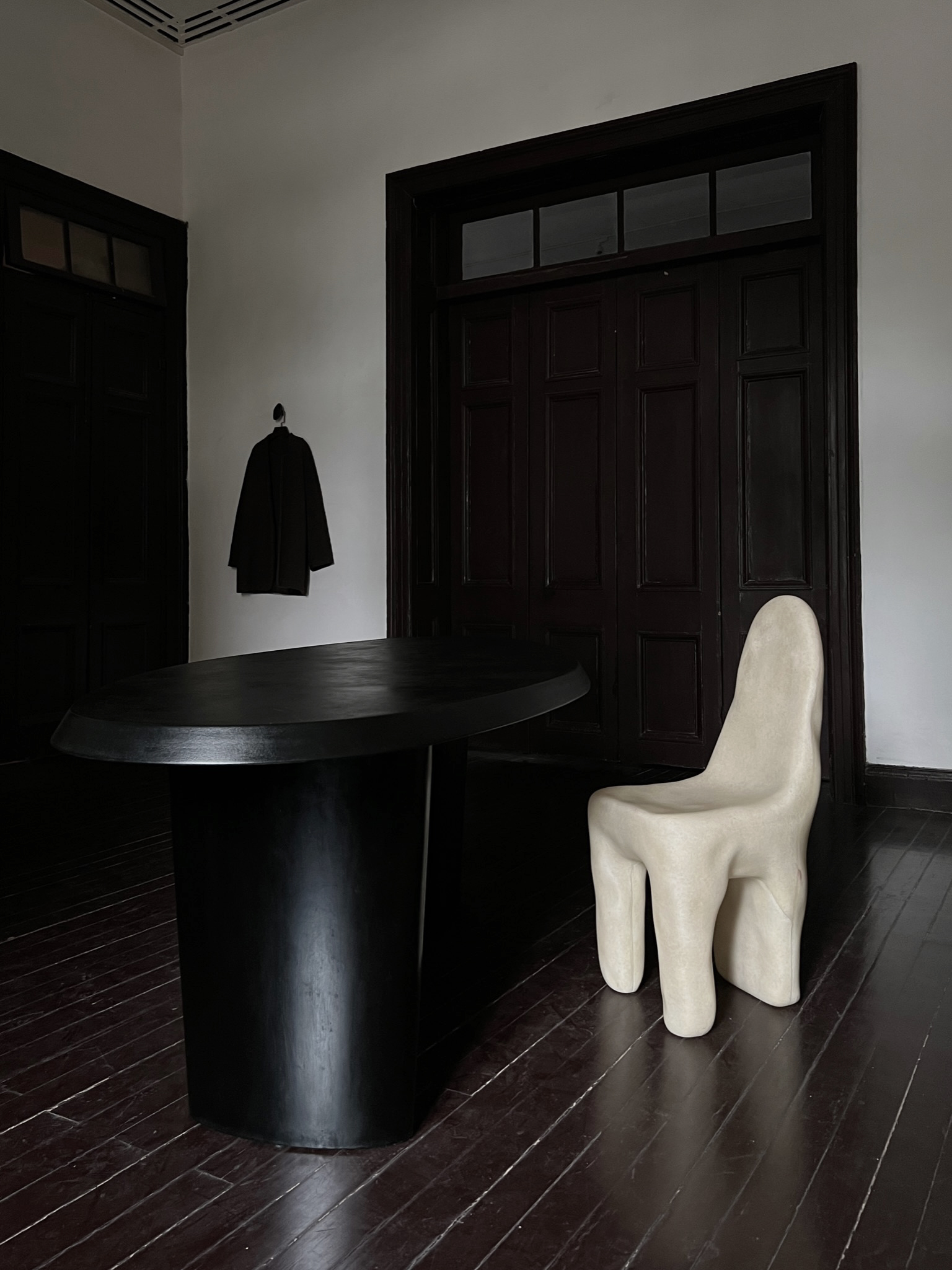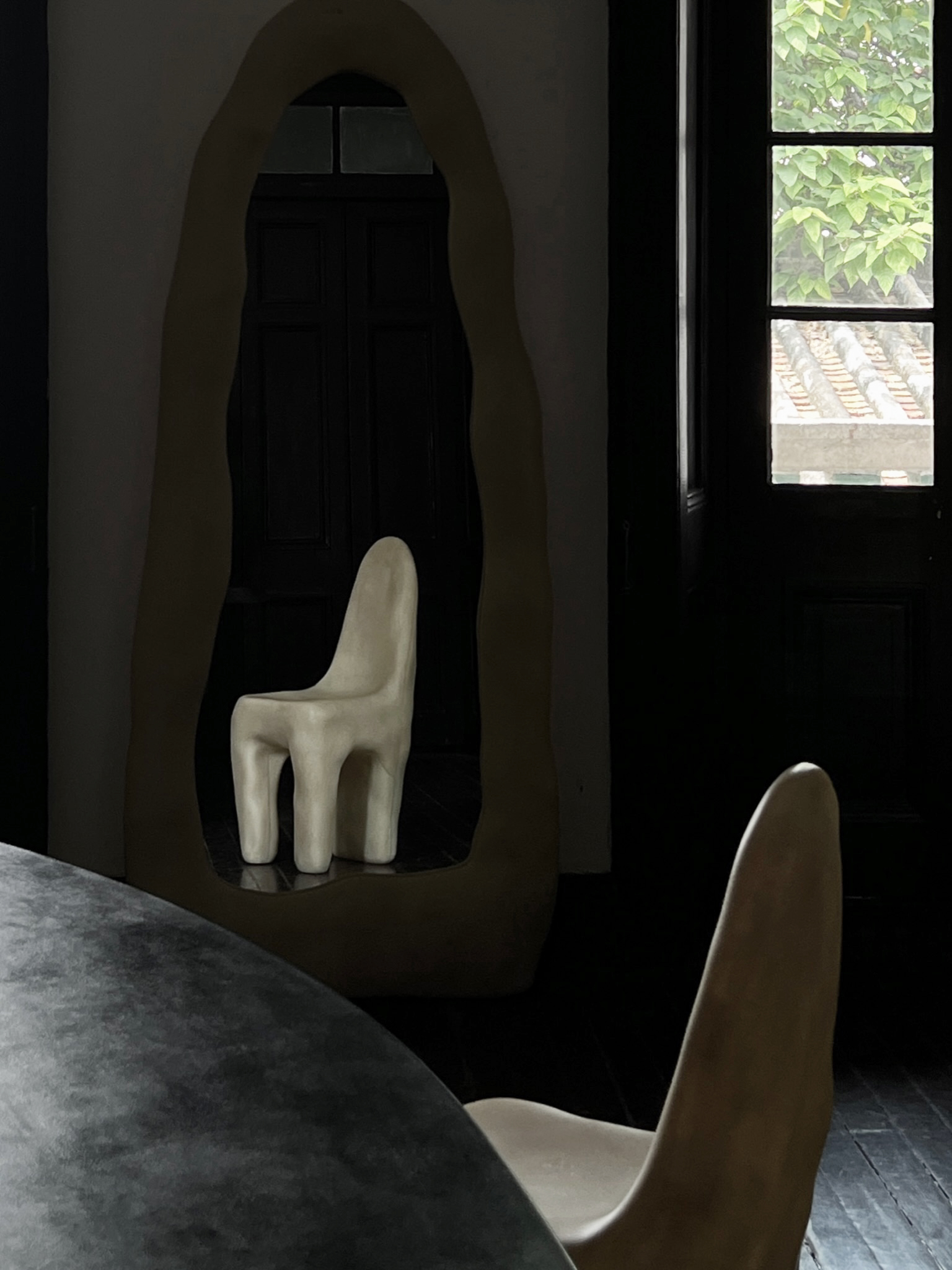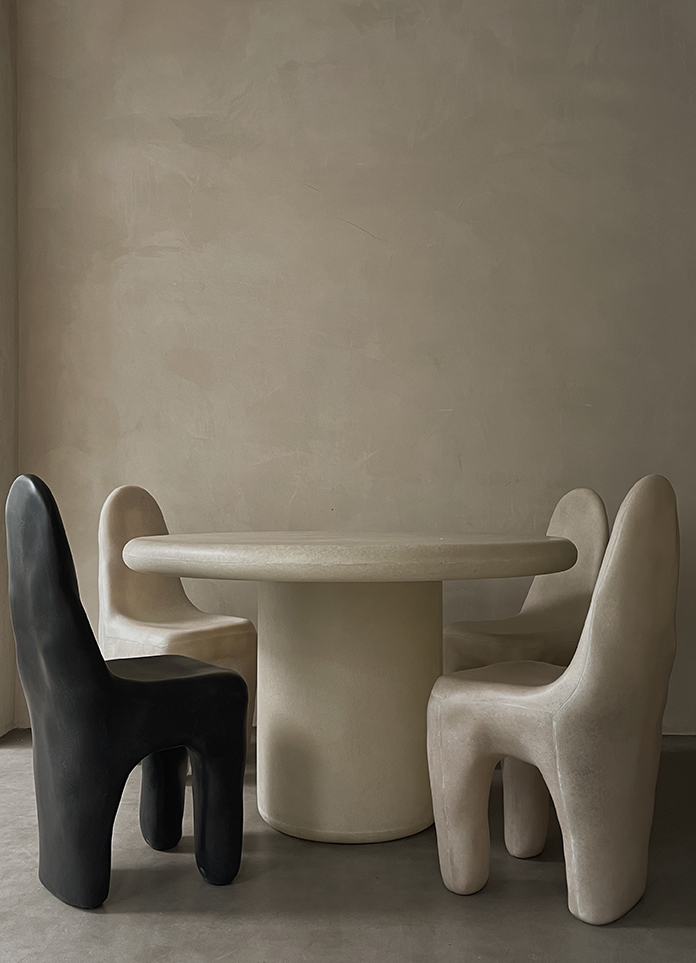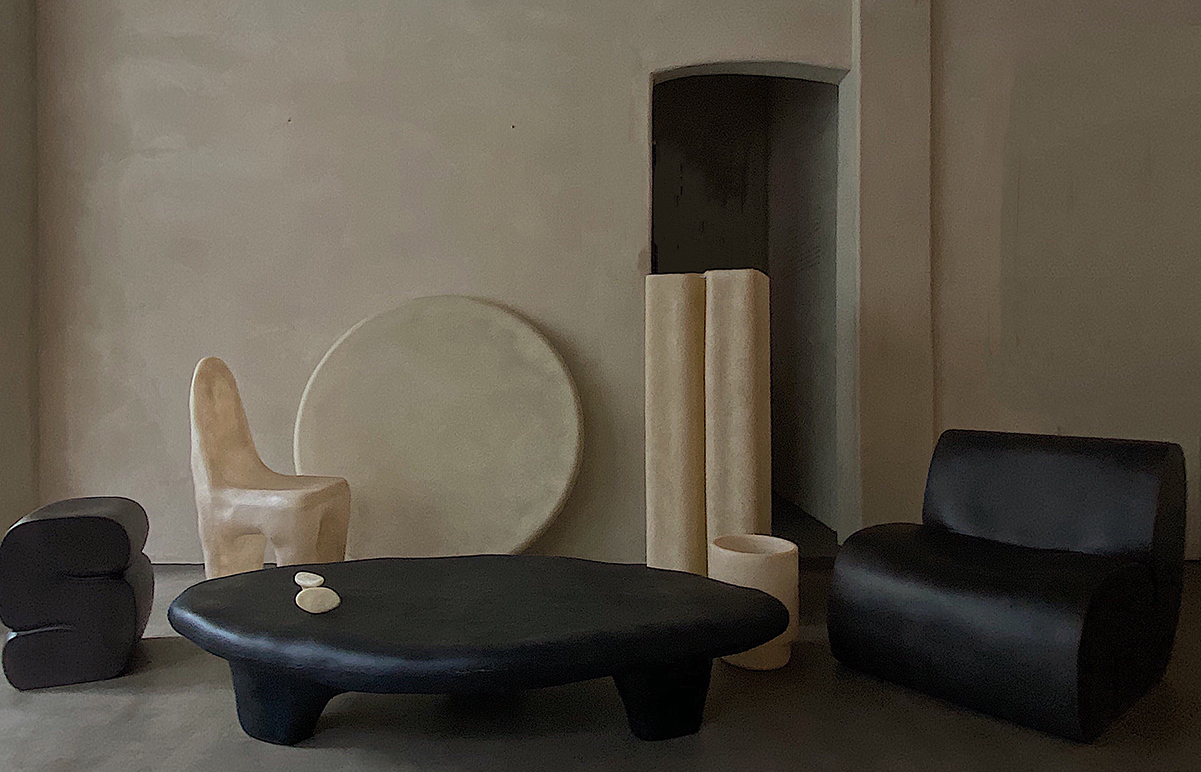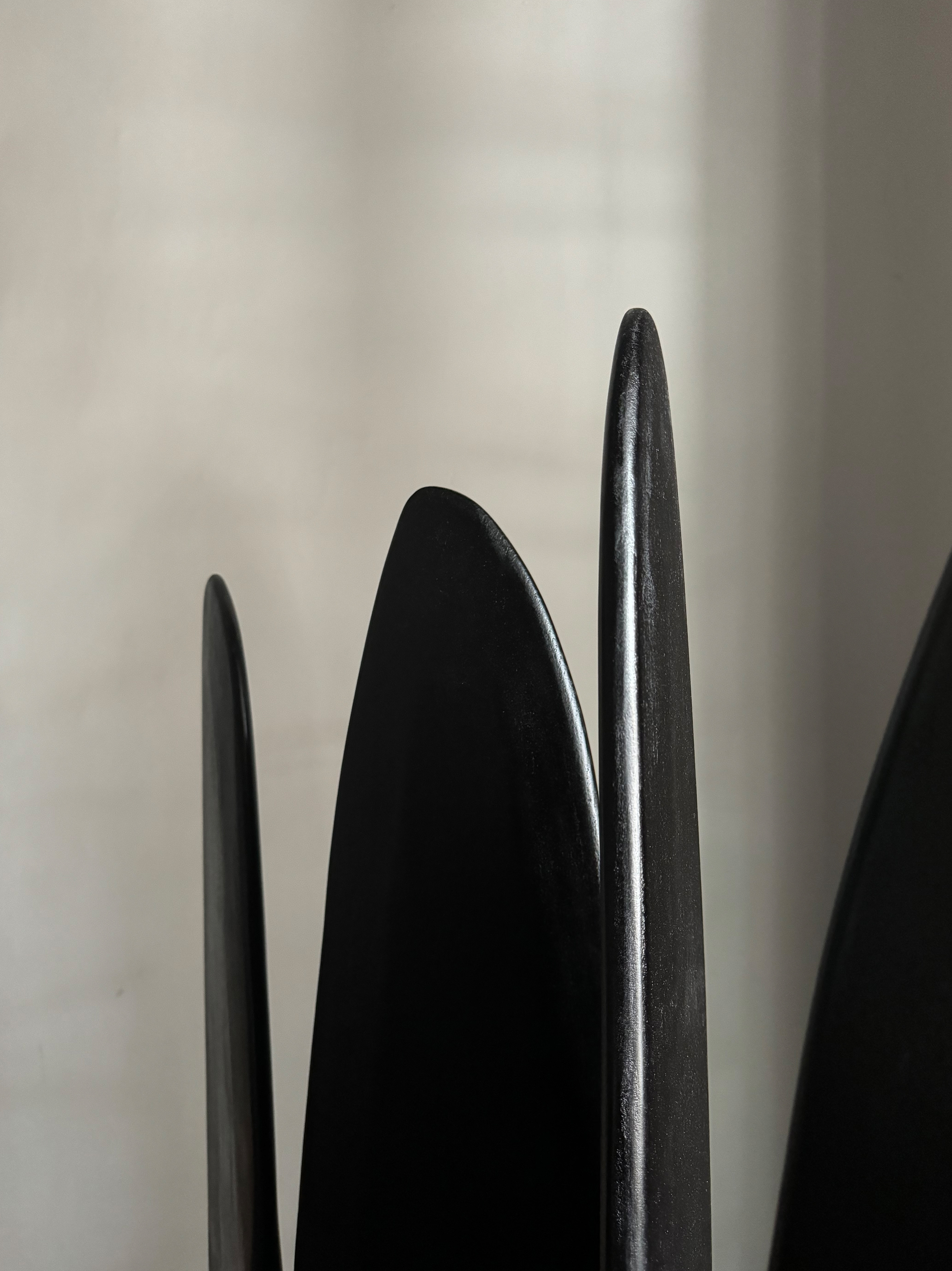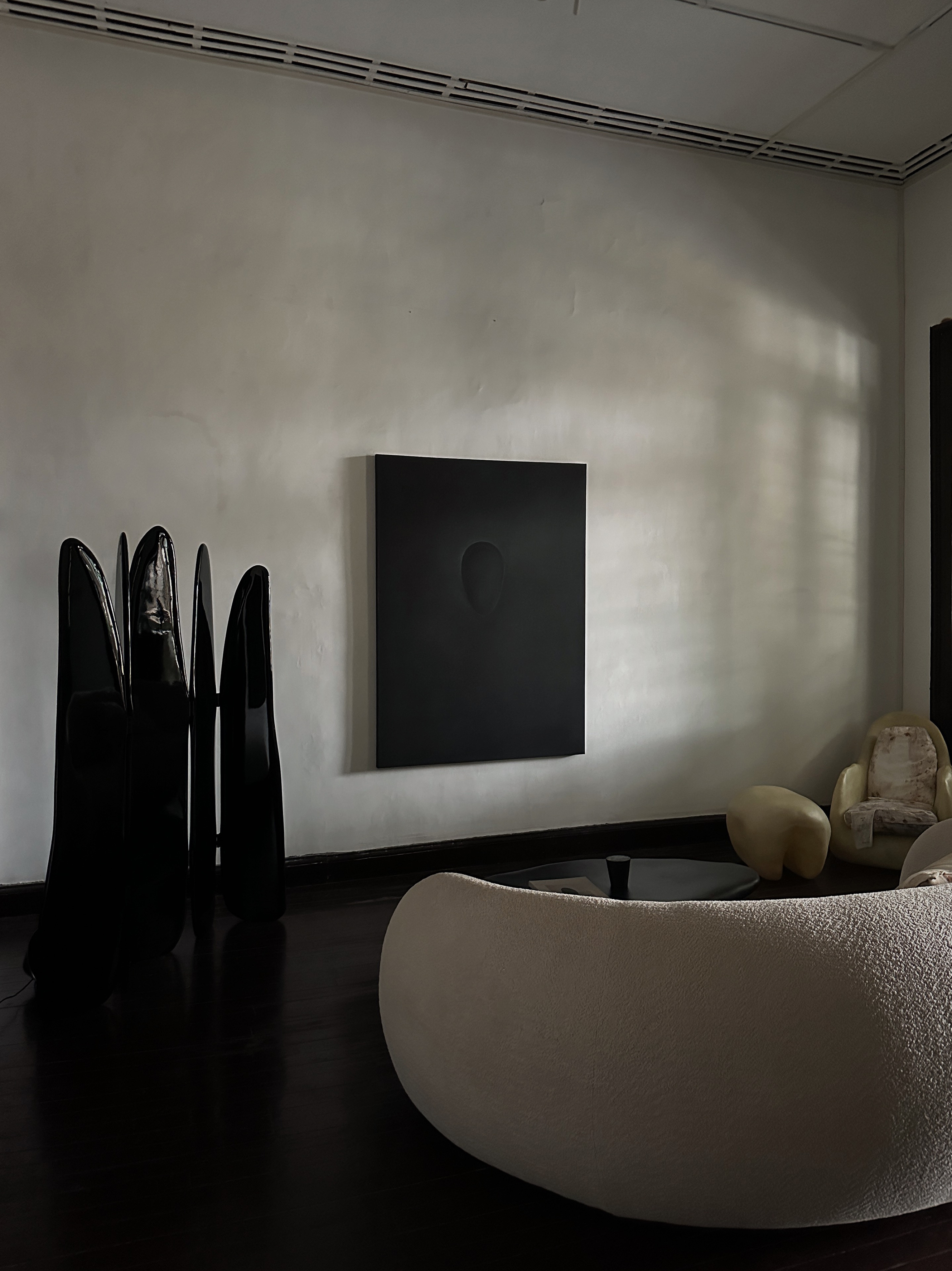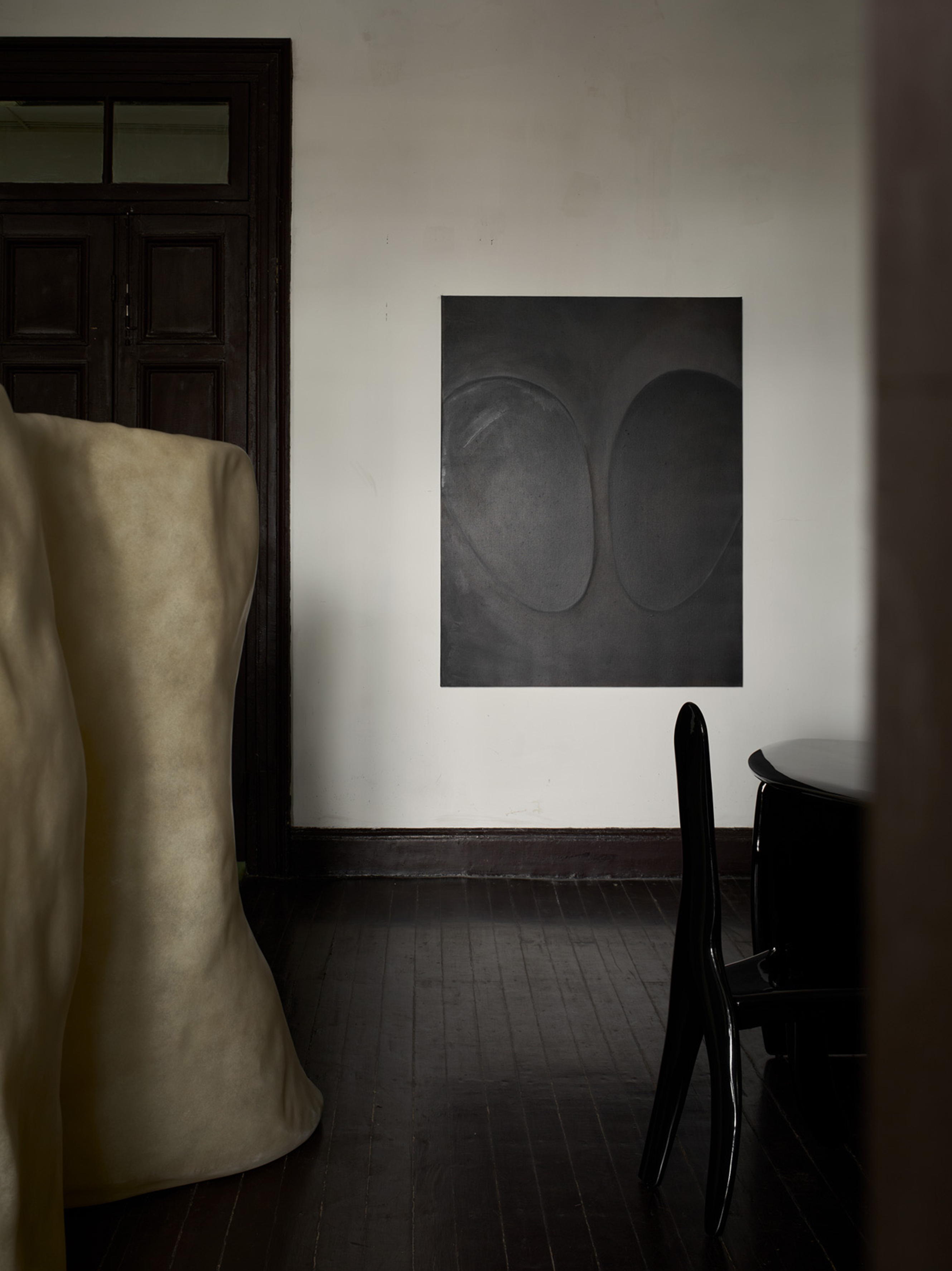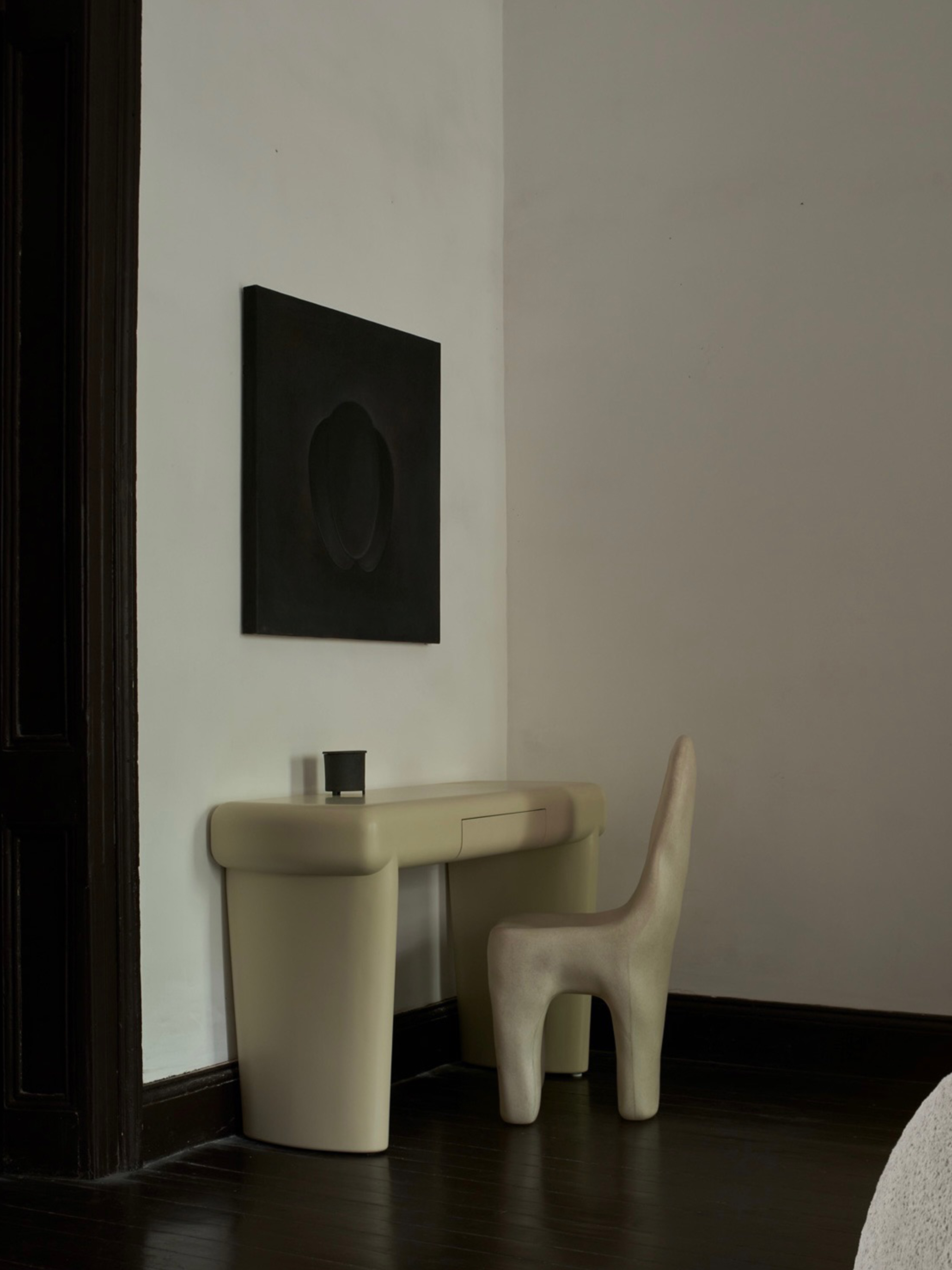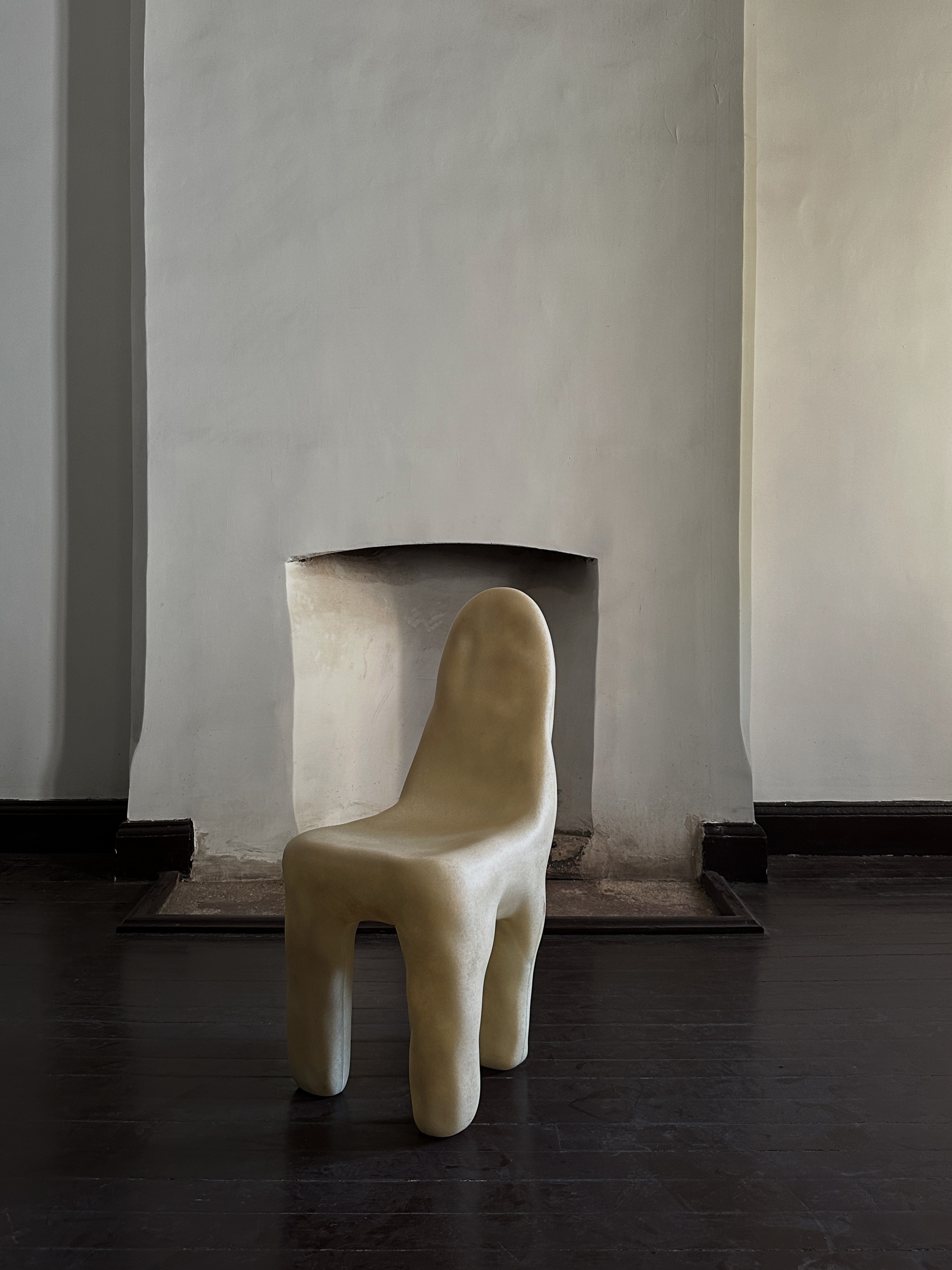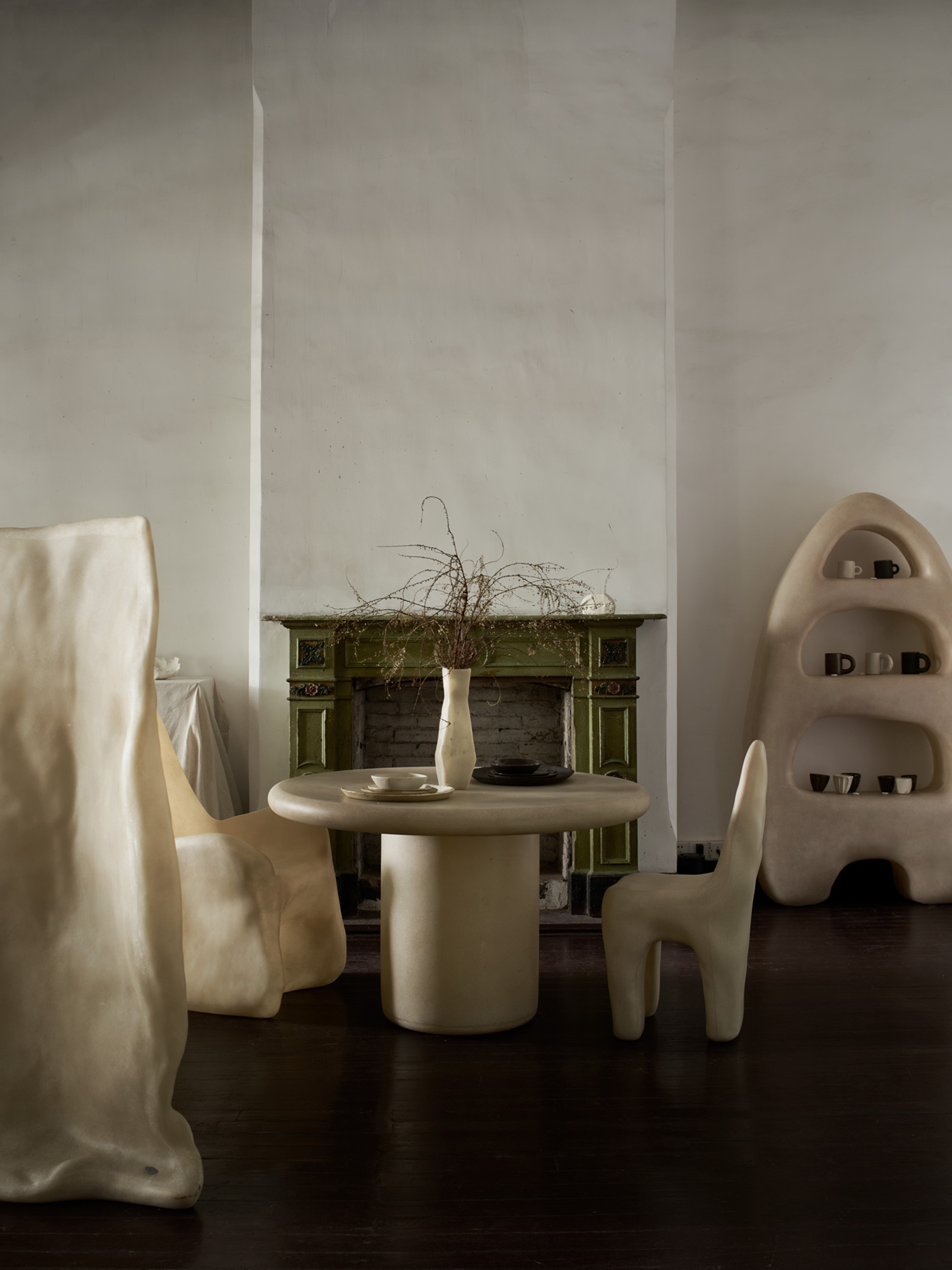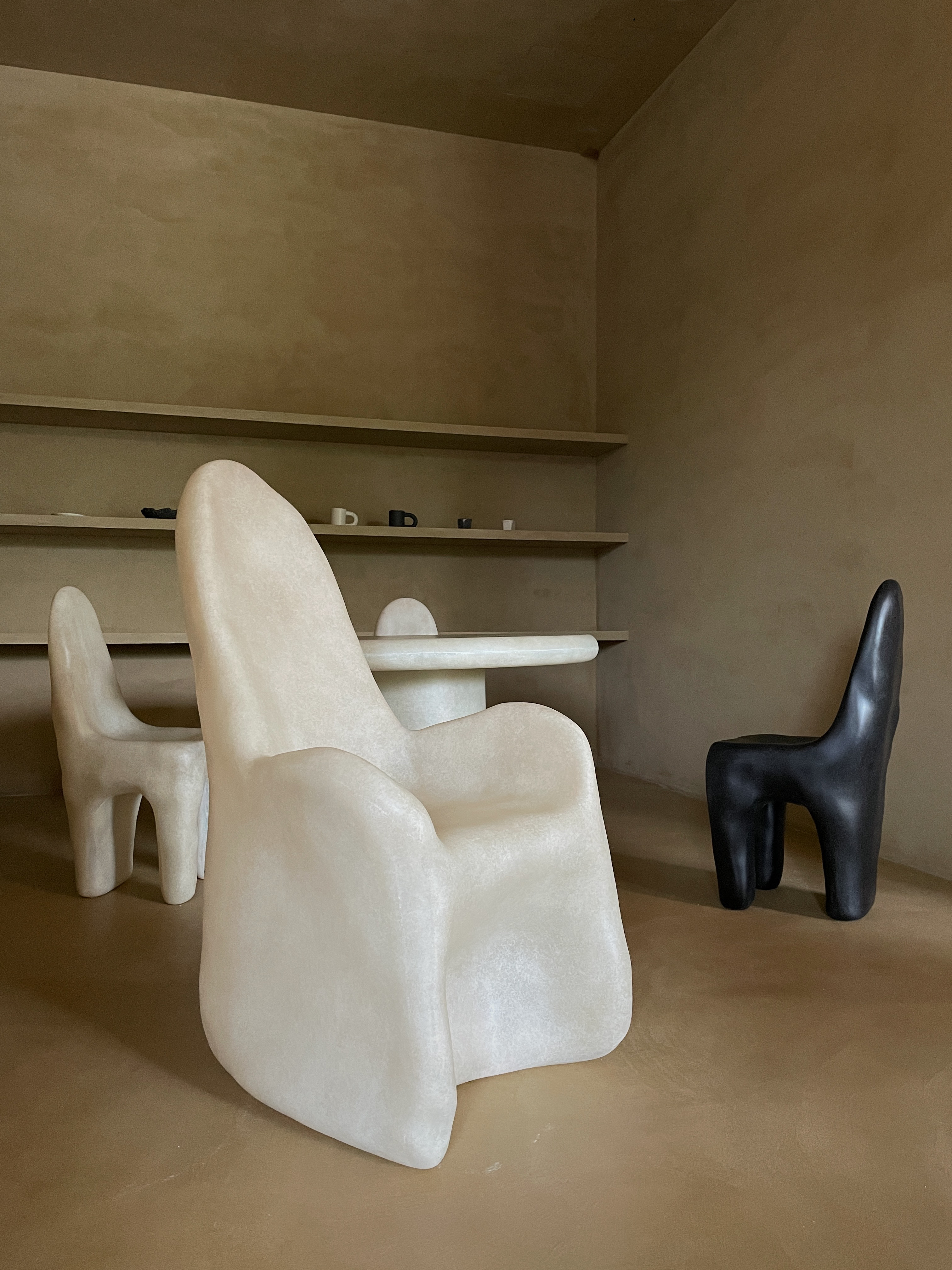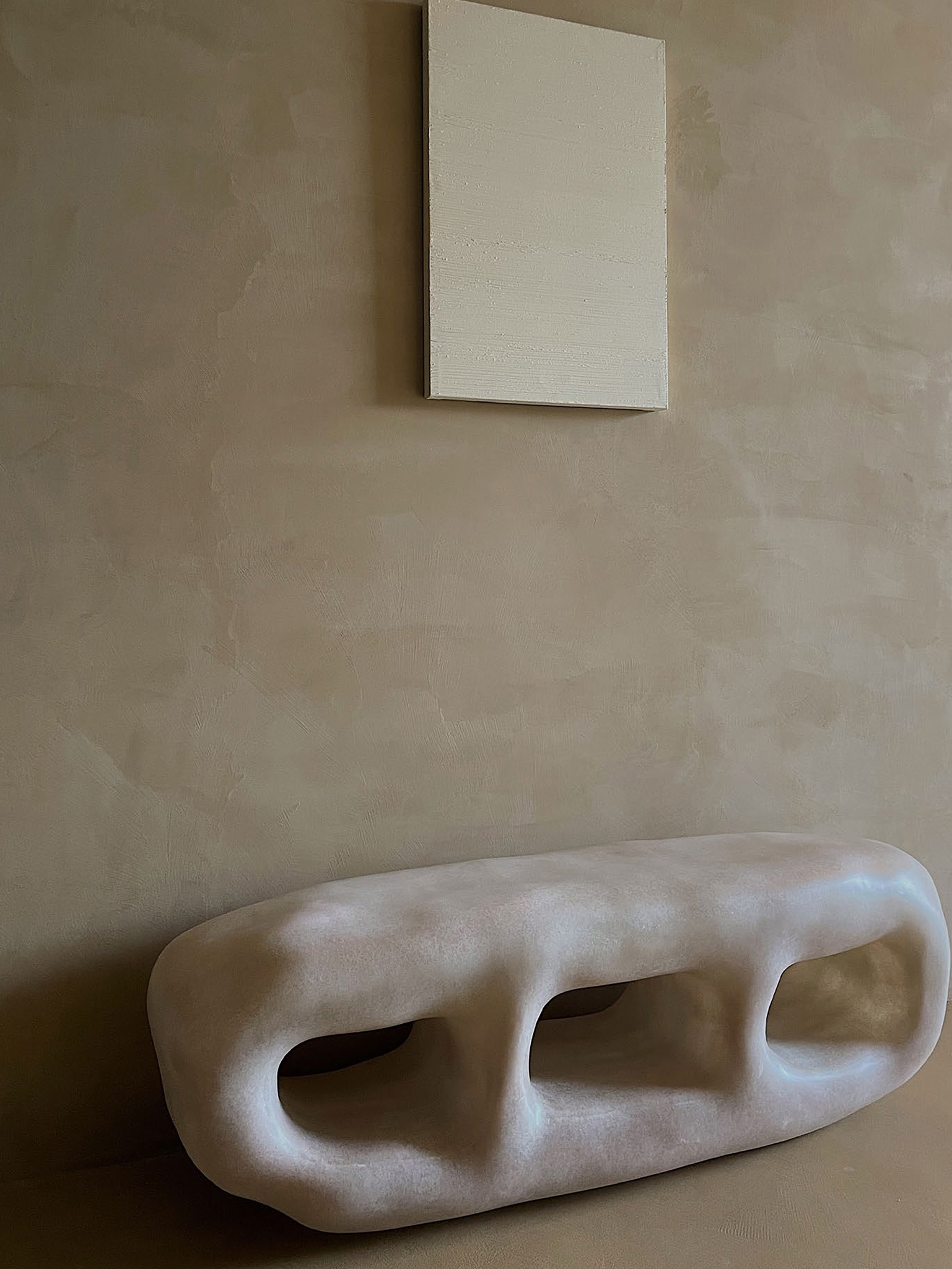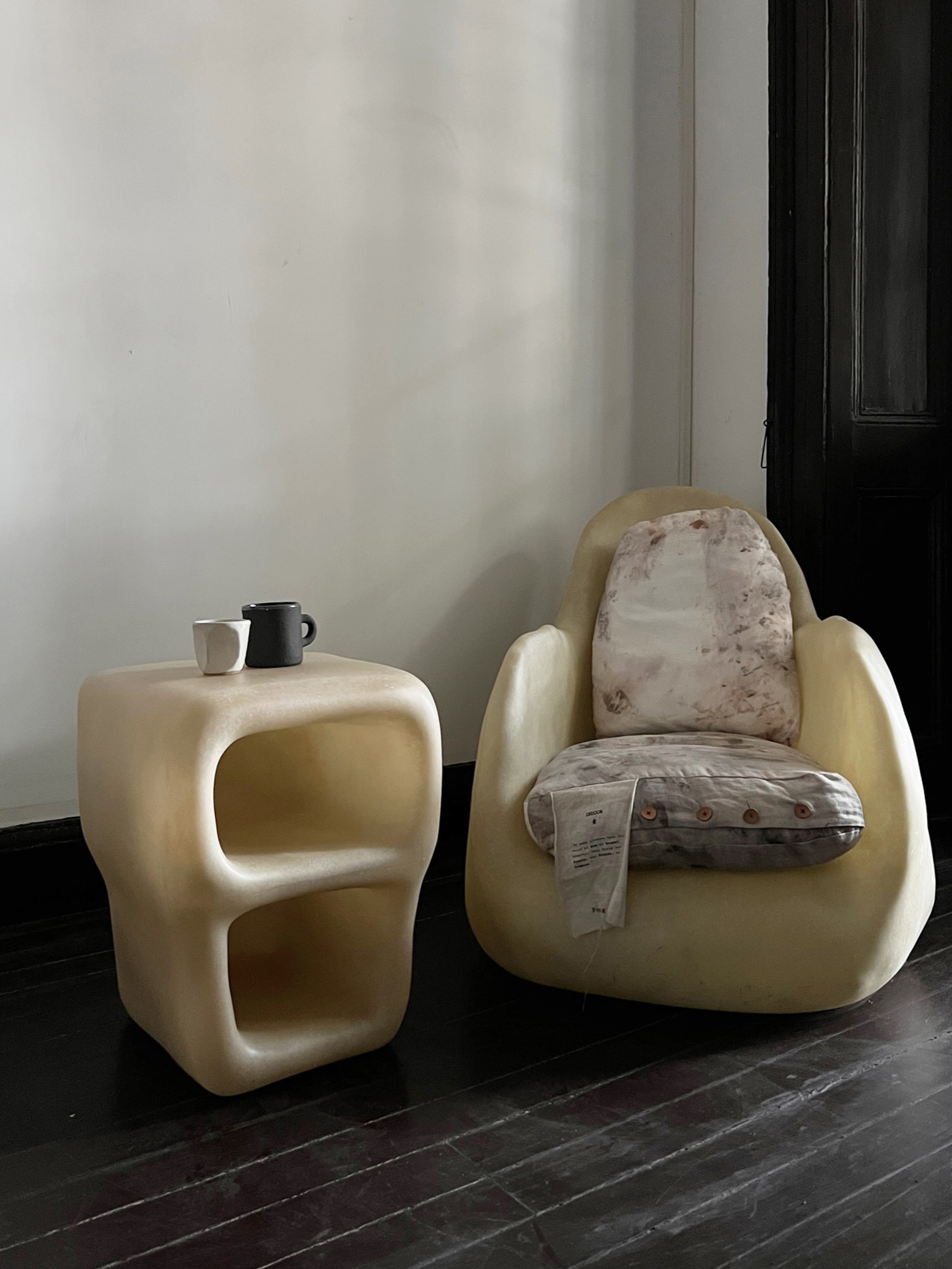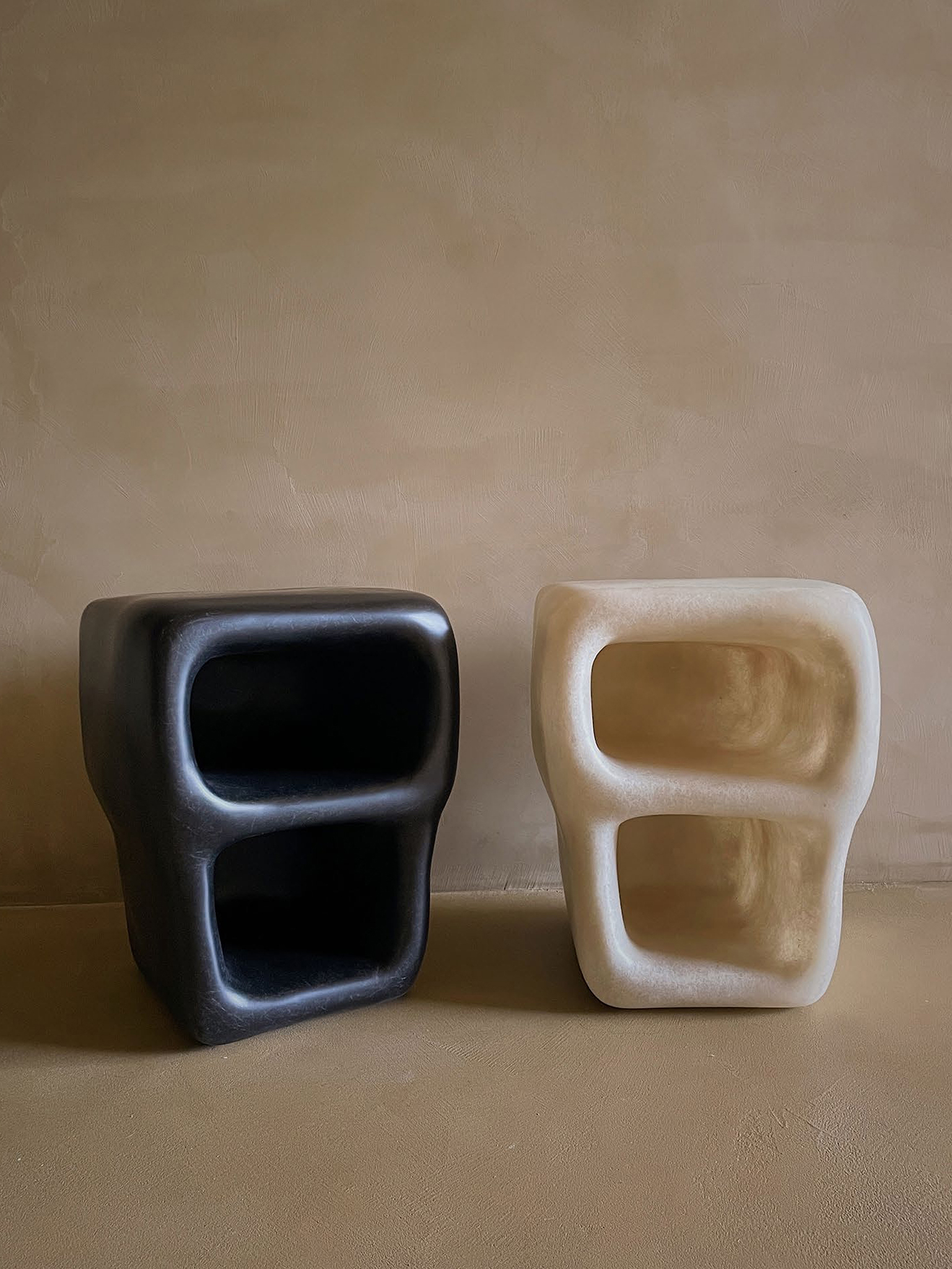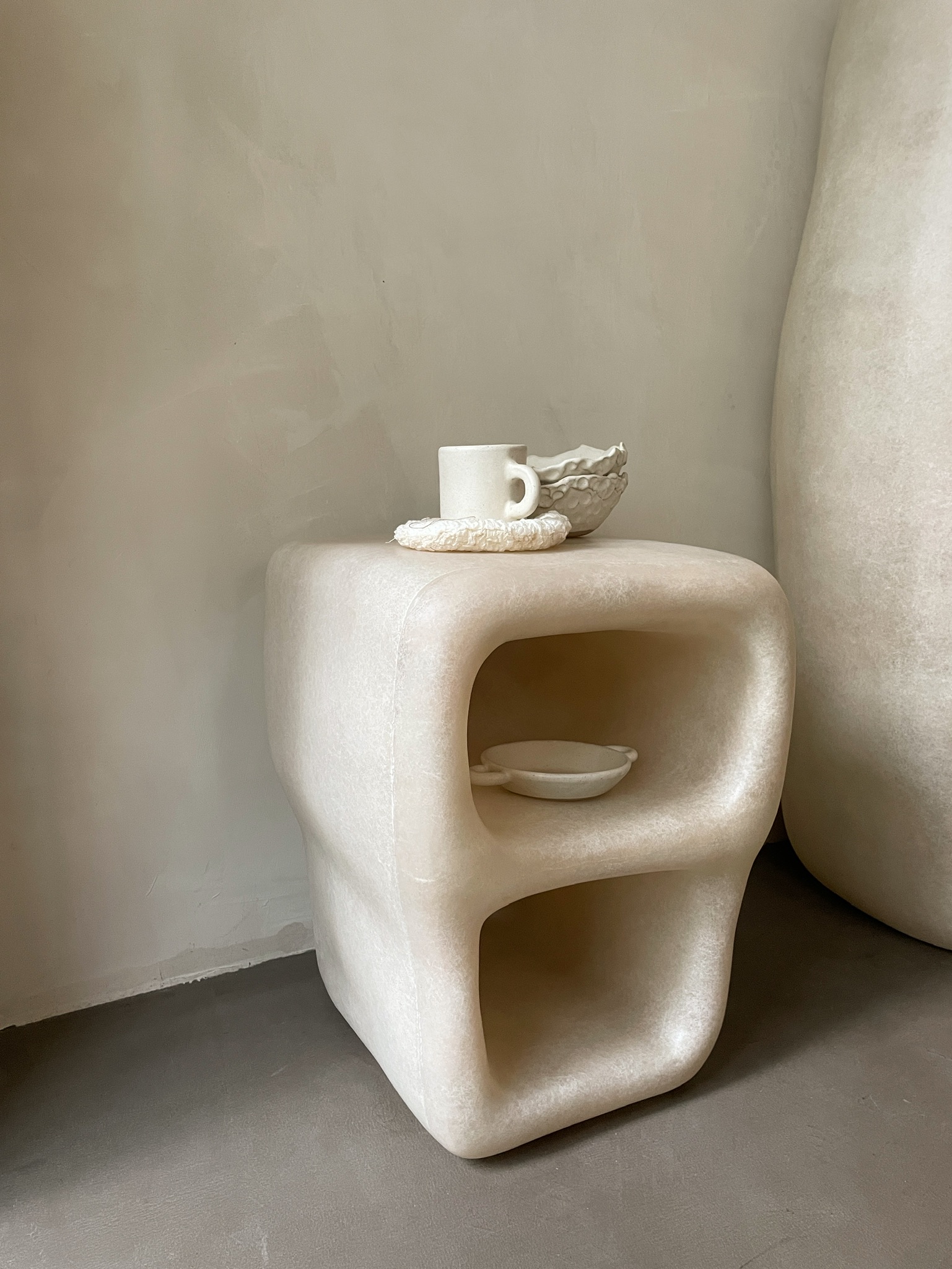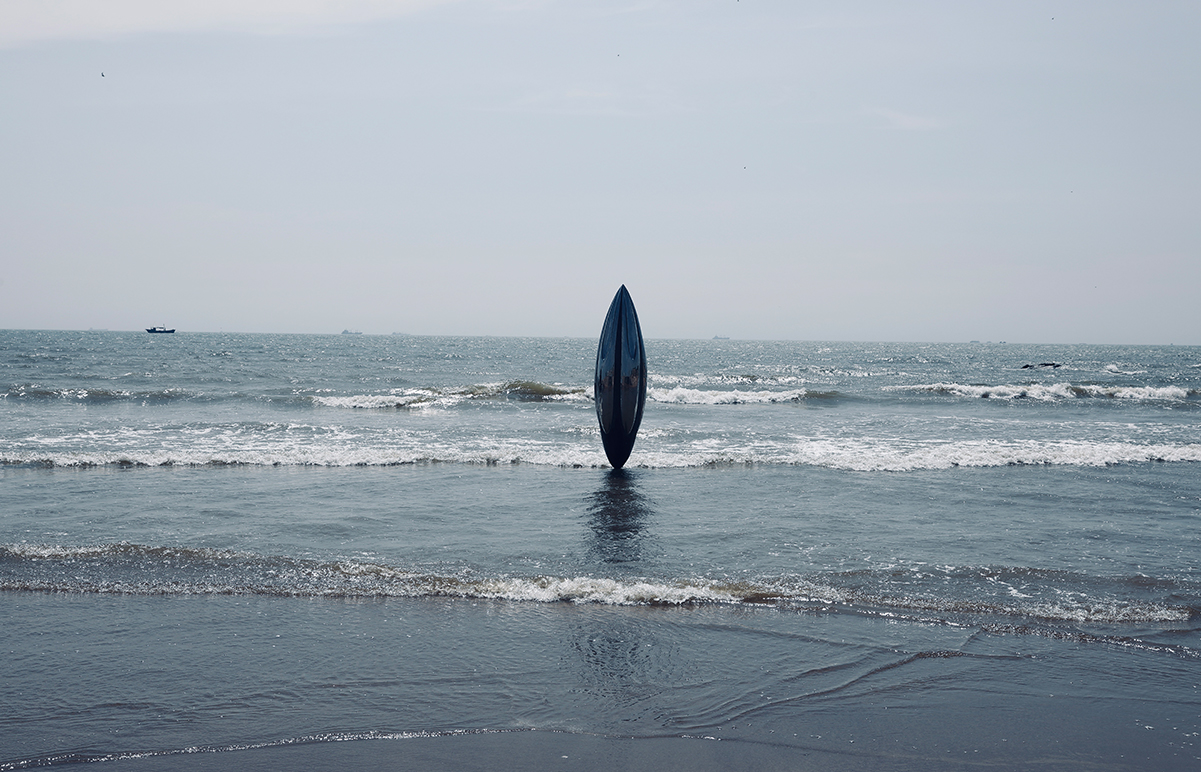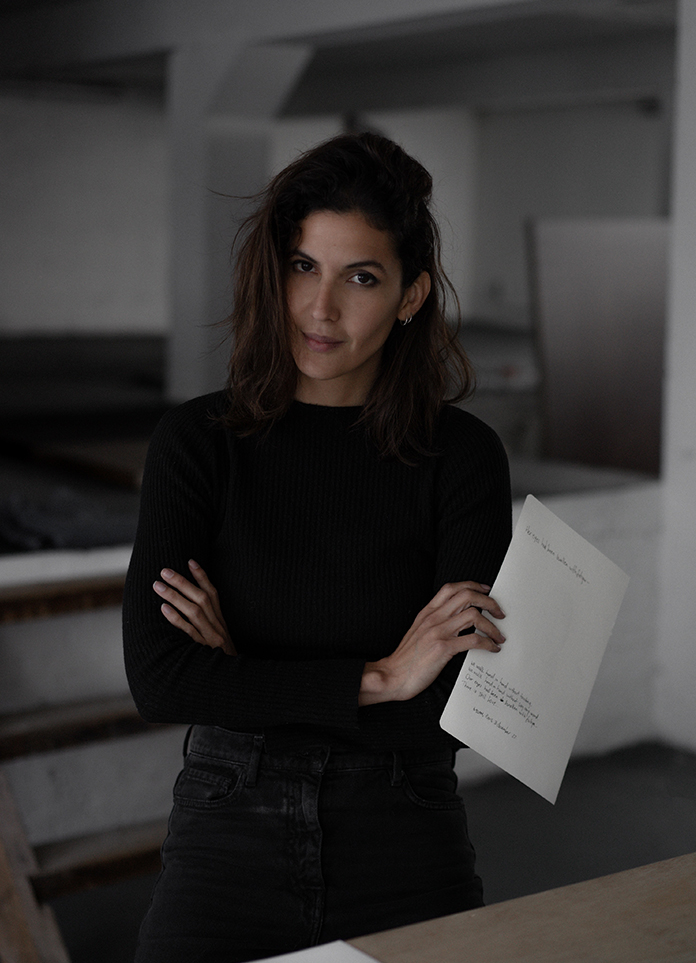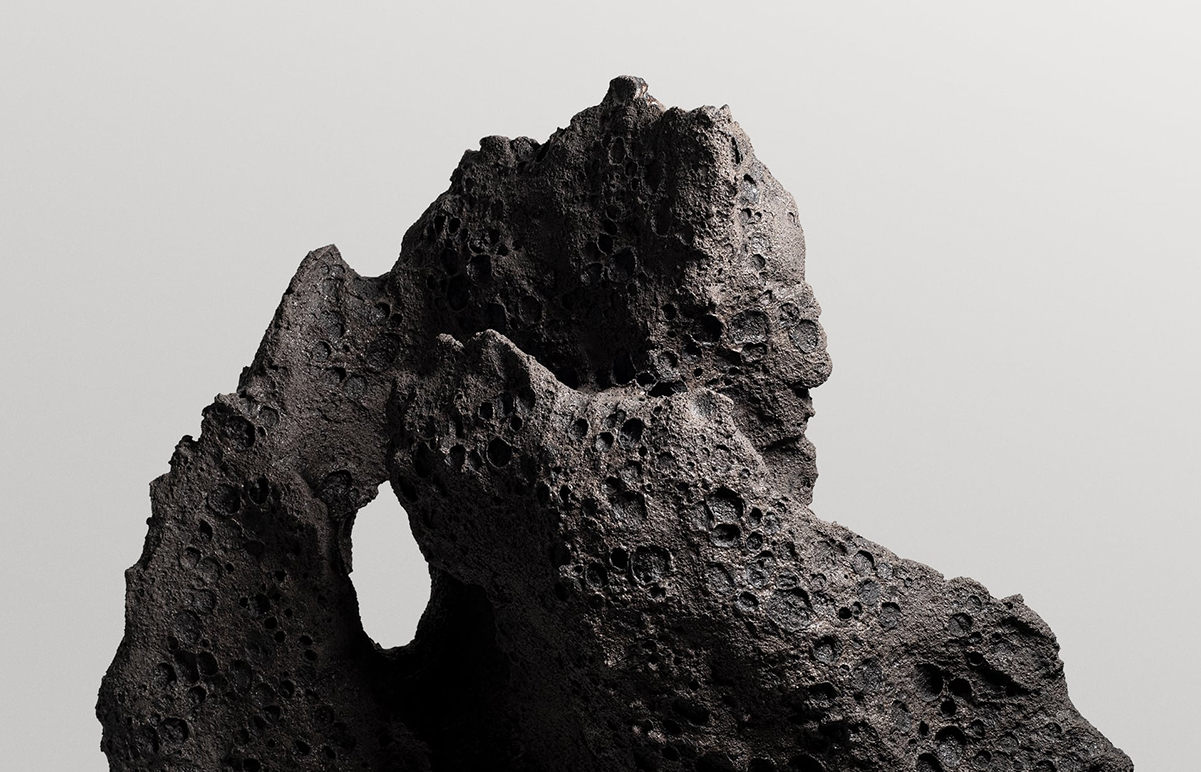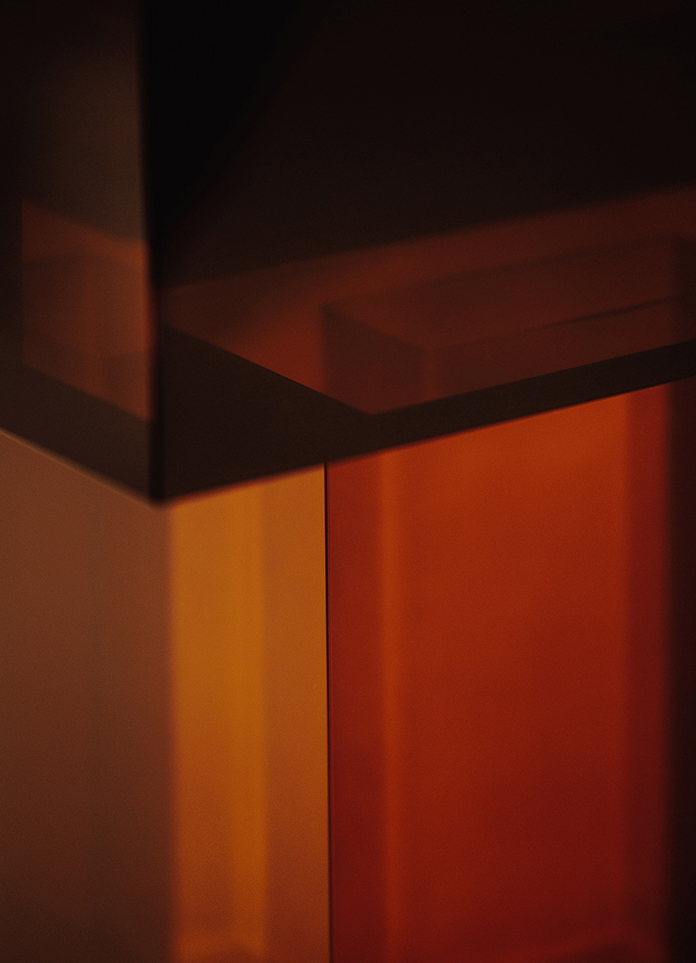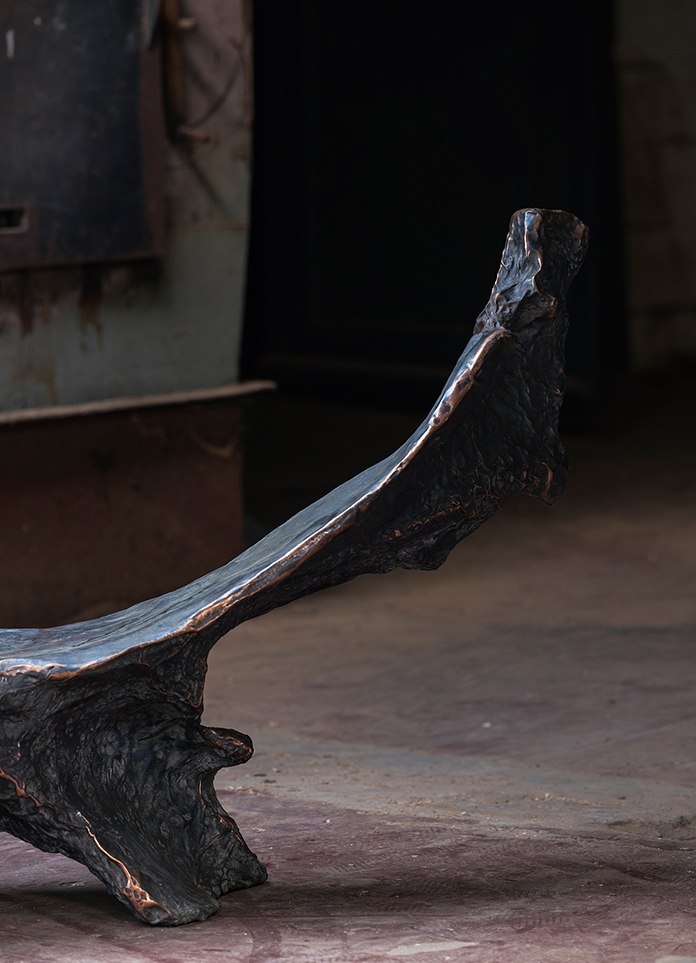Kar Studio
The founder, Steven Yeung, hails from HK, China. While studying interior design in the United Kingdom, he developed a profound passion for product design. Upon returning to China, he established the furniture brand Kar in 2020.
The name "Kar" is derived from the Sanskrit word "karma", signifying the "cycle of cause and effect". Steven Yeung endeavors to unearth the essence of beauty in Oriental philosophy, exploring concepts ranging from individual emotions to the unfolding of events throughout the entire universe. These ideas reflect symbiosis and reincarnation, intricately linked and ultimately tracing back to human self-awareness.
Kar's creations are emotive, focusing on "human experience" .Simultaneously, they honestly express independent aesthetics while continually exploring new techniques and materials, seeking a balance between art and utility. The goal is to establish emotional connections and resonances with individuals through the presentation of their works.
- Art: Kar Studio

Are Kar's distinctive works related to your personal experiences or upbringing?
Growing up in a traditional and serious business family, my childhood was marked by repression and contradictions. The desire for rebellion and breaking boundaries coexisted with a craving for comfort and conservative timidity. Due to family reasons, I lived in various places such as Hong Kong, mainland China, and the UK from an early age, navigating diverse cultural backgrounds. This constant switching made it impossible to feel a sense of belonging to any known region or thing. I felt connected yet detached from the world, especially after long periods of studying abroad, which made me embrace and even rely on loneliness. I learned to listen to my own voice, continuously update my understanding of my complex personality and culture, and ultimately, make "feeling" the core of my creative inspiration. The inspiration behind all Kar works stems from this pursuit—a fusion of tradition and modernity, hardness and softness, potential and restraint—a style that is uniquely my own.
As an independent furniture brand, what furniture philosophy or aesthetics do you hope to convey?
Creation is an extremely personal process for me, serving as a pathway to my inner self. Each work is more honest in its presentation than my personal interactions. While it is not the brand's purpose to convey a specific philosophy to the outside world, I hope to resonate with people who share similar aesthetics and values. Those with independent aesthetics and self-awareness are, in themselves, islands. Through Kar's works, I hope to connect these islands.
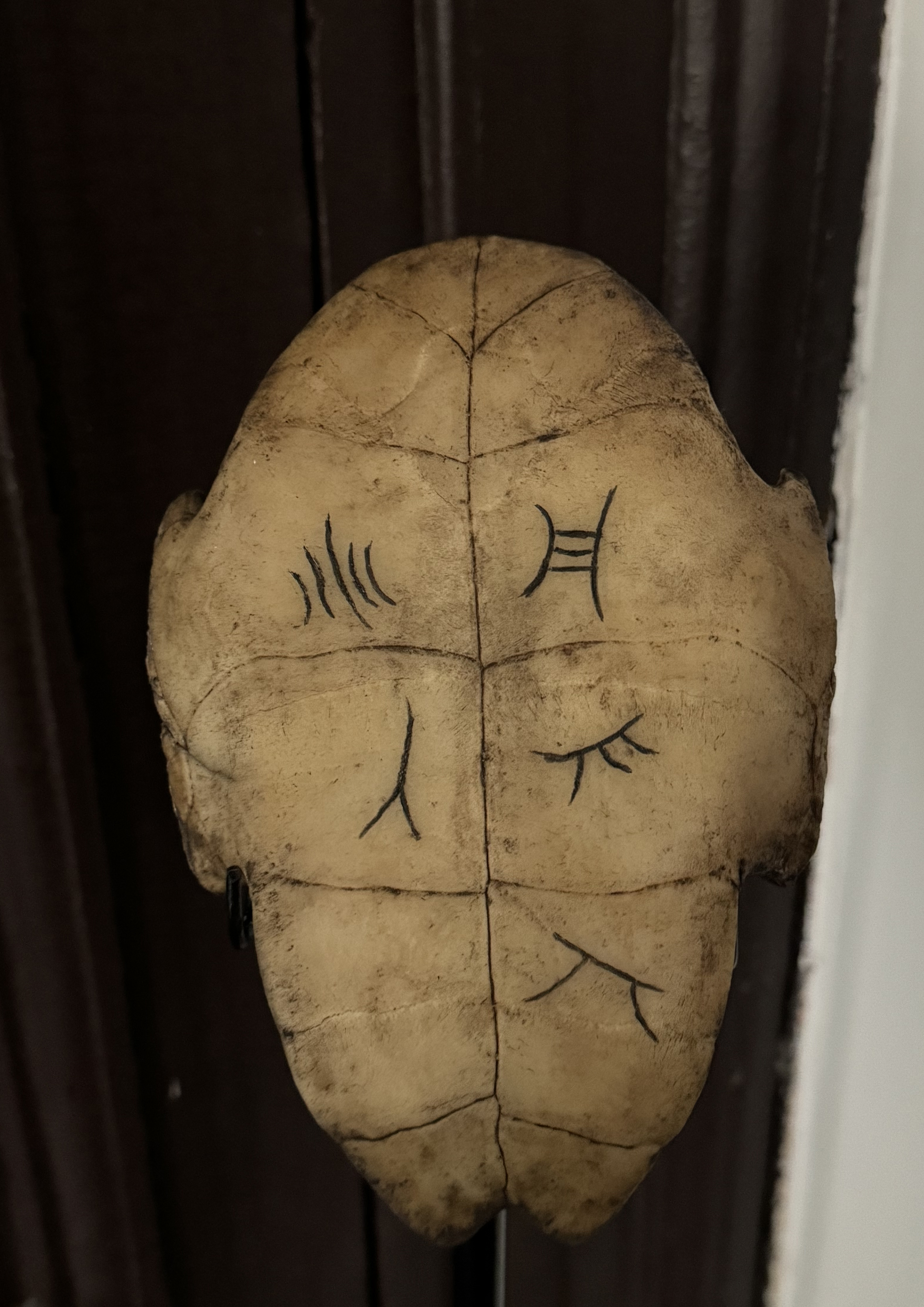
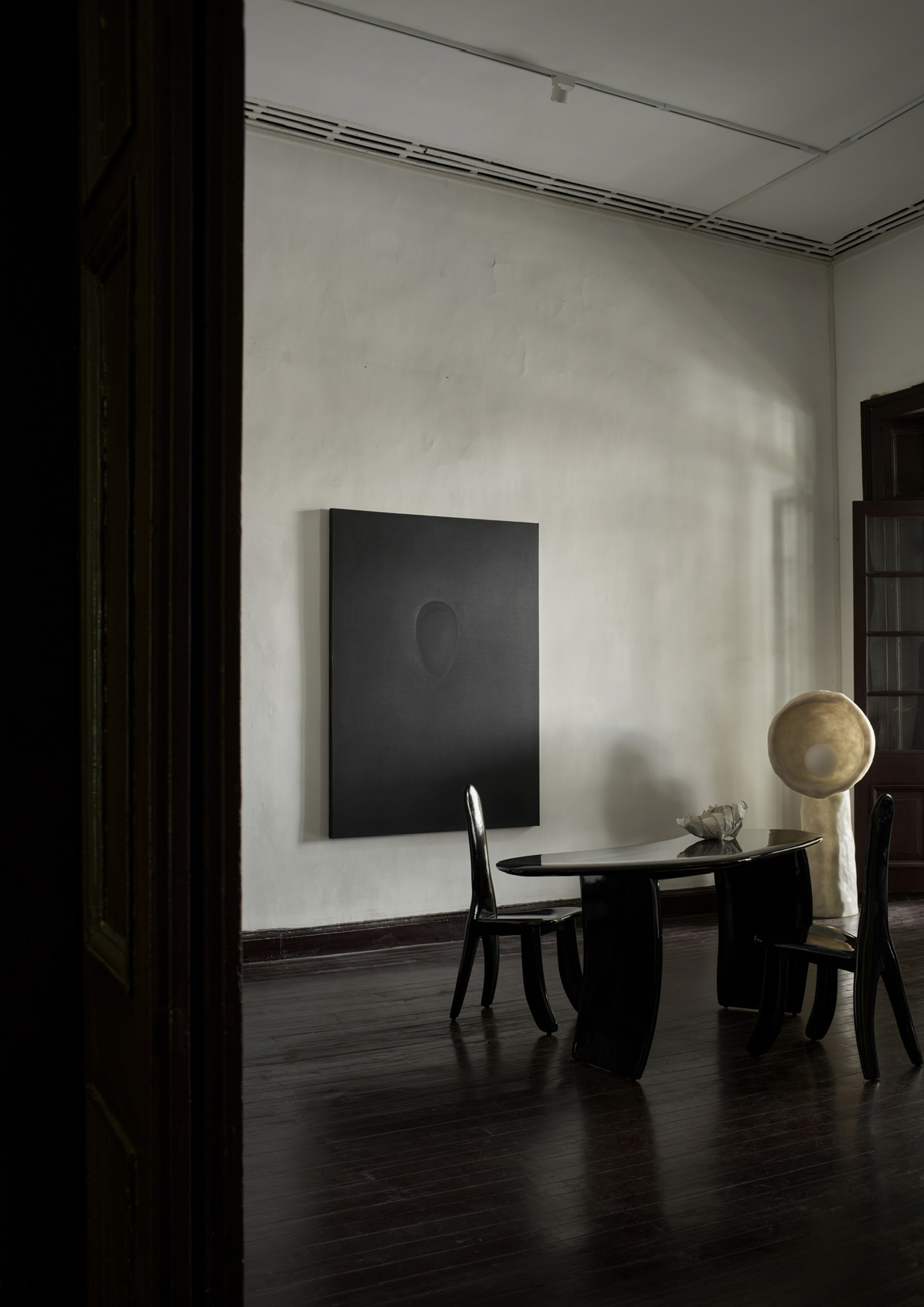
How is "not by intention" connected to Eastern philosophy?
Eastern philosophy serves as my aesthetic enlightenment, significantly influencing and inspiring me when seeking the essence of aesthetics. I realized that aesthetics are related to everything, from human emotions to the universe. It's about coexistence, connection, and cycles. This complexity lacks standard answers but continuously updates my self-awareness.
Furniture creation, for me, is a way to explore and express myself. My inspiration comes from memories, emotions, literature, music, every joyful and sad moment, etc., aiming not just for "usability" but for "feeling." I hope the works also reflect the flow of emotions.
"Not by Intention" series' creation is built on a foundation of sensibility. Most of the time, my designs emerge spontaneously or during emotional fluctuations, directly sculpted from clay without sketches. My current thoughts and feelings, whether joyful or sad, influence the strength and traces on the clay.
Thanks to the material characteristics of fiberglass, all traces on the clay model are perfectly preserved and replicated in the final piece. When people see the final form of the design, different emotions are presented to different individuals. It's like a resonator, and people's feelings about my creations echo their emotions.
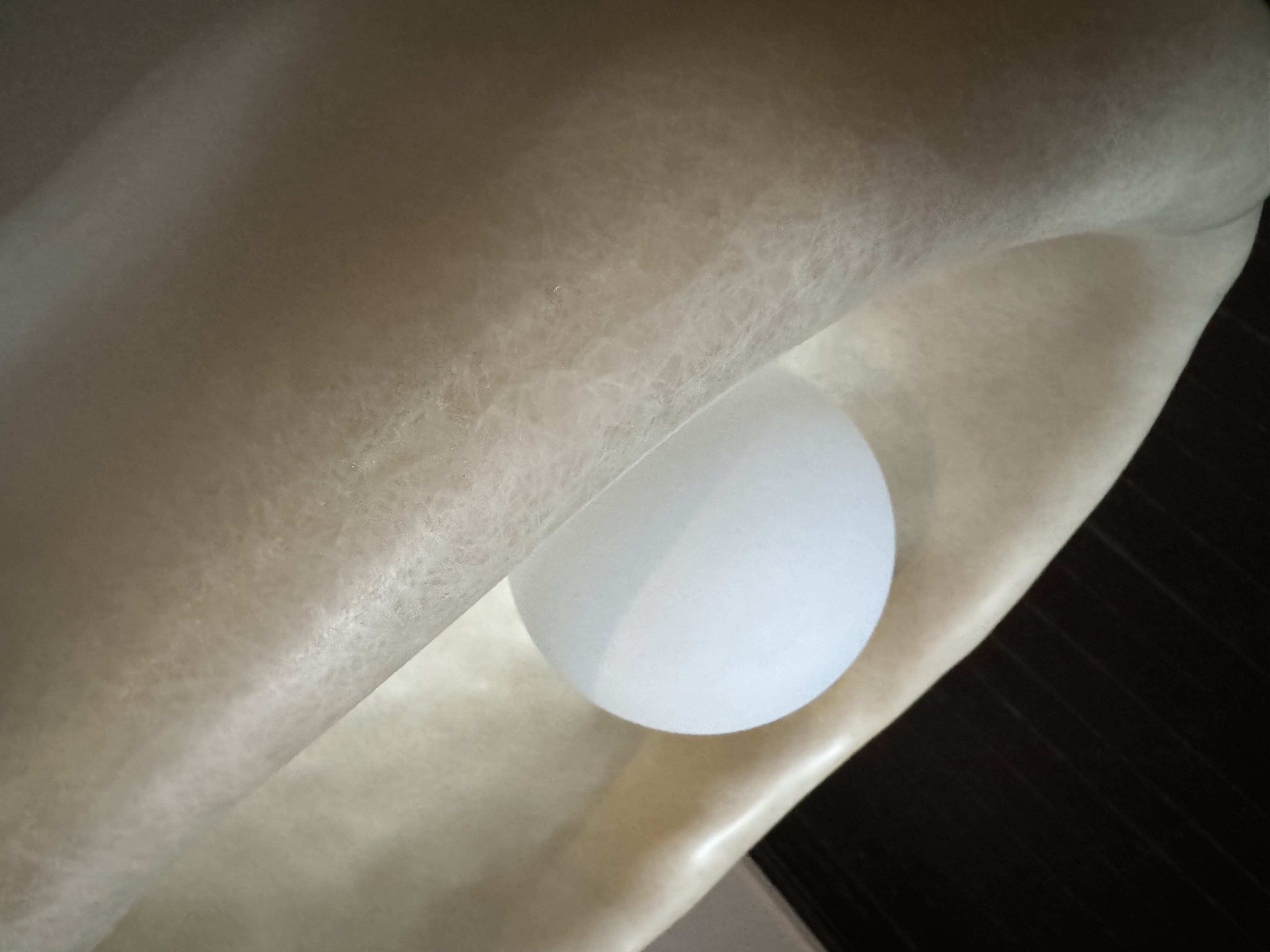
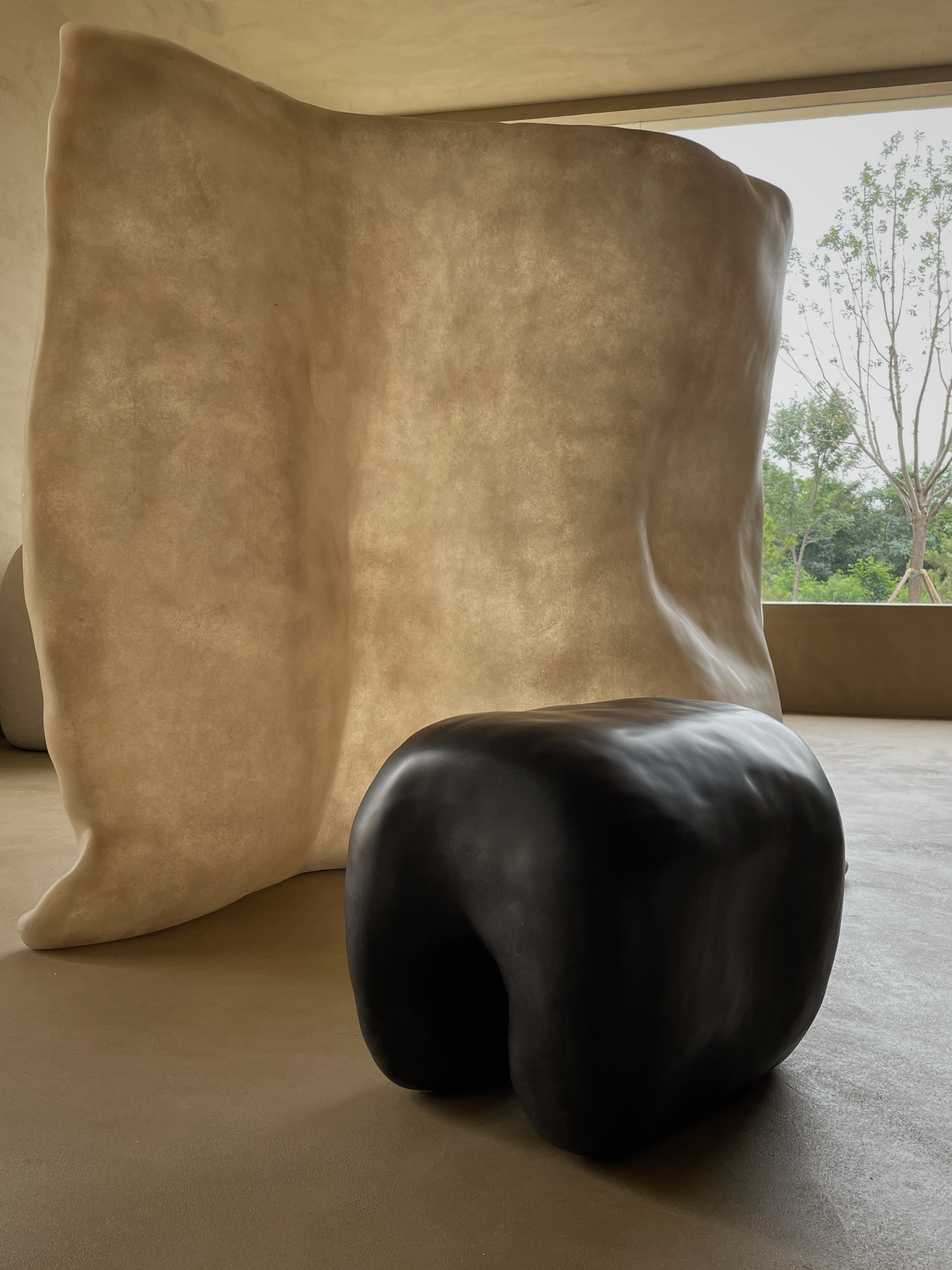
How do you balance independent creation and the commercial market?
I believe people are inherently greedy, constantly pursuing greater profits and growth in the commercial market. Many discussions about our brand initially revolve around how much profit we make and whether we have investors, rather than the source of creative inspiration. The insatiable nature is a necessary quality in the business market, but I see it as a trap for independent creation. When you shift your focus to the market, the audience becomes the priority, and you have to consider which style has greater demand, which size is more suitable for more people, which color is more popular, gradually forgetting your own preferences. Without the creator's perspective, independent creation loses its meaning. I can only balance this by consistently maintaining my uniqueness and doing it well, then waiting for the market. Even if I lose the market because of it, I won't regret it.
For the pursuit of clear functionality in the modernist "tradition," what does Kar's artistic exploration mean?
I don't think the world needs more functionality at this moment. We have gained too much in terms of functional quality of life compared to 10, 50, or even 100 years ago. In the relentless pursuit of greater functionality, I am more concerned about the spirituality that is slipping away. This represents a shift in evaluation criteria—no longer about whether something is practical, convenient, or cleverly structured but solely about personal preference. I hope more people can enjoy intangible "useless" things such as literature, music, art, accepting the diversity of one's complex self. At least, this is how Kar's creation is. I can't define it as art, but it is indeed a continuous exploration.
